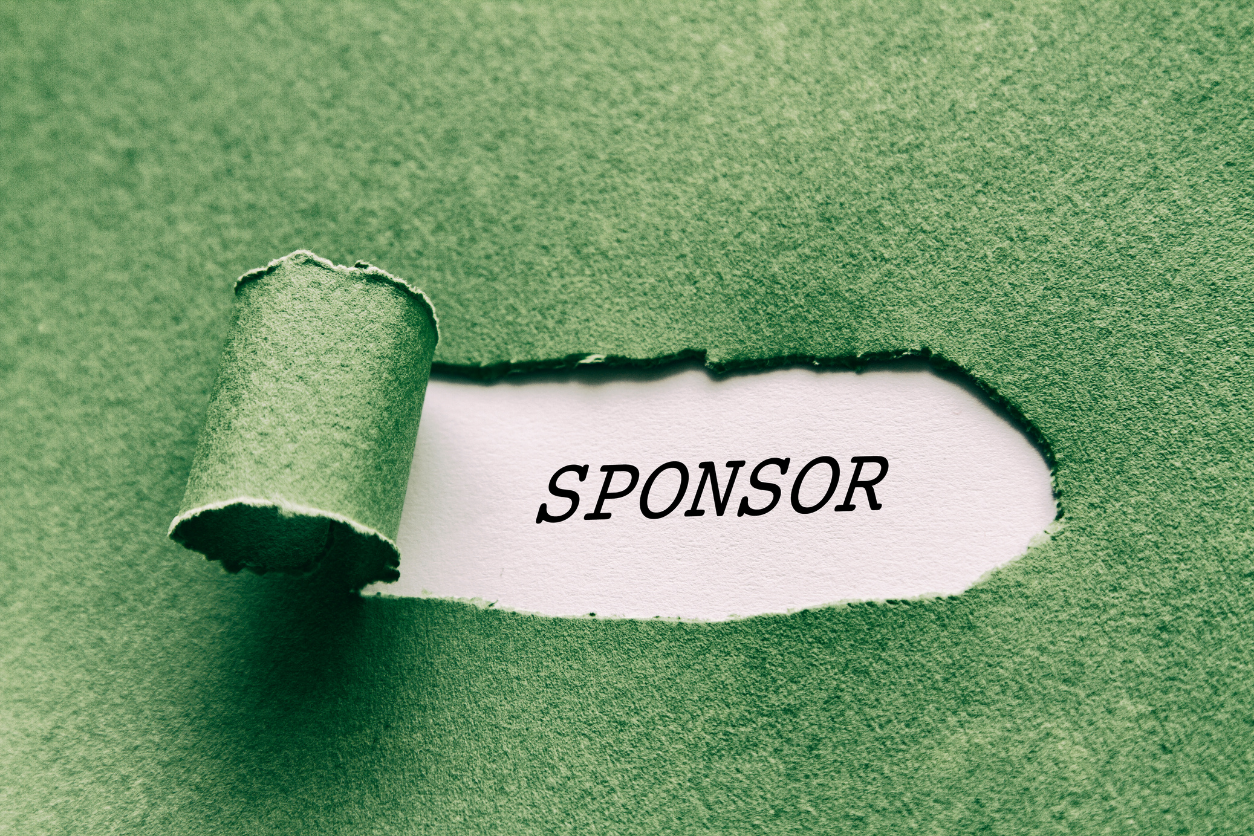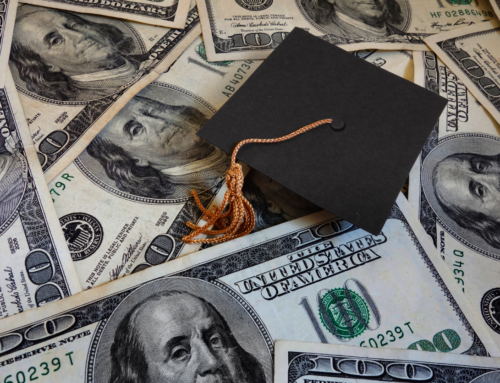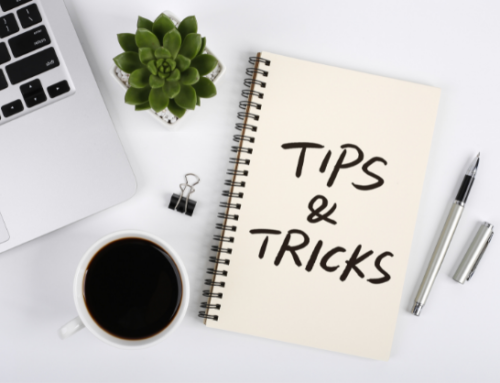What you should know about this new opportunity
On July 1, 2021, after years of acrimony, protests, court cases, and even political pressure, the NCAA was compelled by several court rulings and new laws to change its long-held rule prohibiting student-athletes from profiting from their own name, image, and likeness (NIL). Almost immediately college football players, college basketball players, athletes from other sports, big stars, and bench warmers signed deals with local and national sponsors large and small.
Some players got cars and trademarked their own brand logos. Others are leveraging their social media following and being paid by brands to post as influencers. One football player signed a NIL deal based on his nickname. Another landed a NIL deal for himself and his dog.
But, high-profile athletes aren’t the only ones earning NIL deal star athletes. At Brigham Young University all of the walk-on football players will have their tuition paid as part of a NIL package. And at Notre Dame and Virginia Tech, local restaurants are sponsoring the football team’s entire offensive line and paying them in food.
How Do NIL Deals Work?
In an effort to preserve the concept that college athletes were amateurs and shouldn’t be compensated by outside sources, the NCAA had long held that scholarships and stipends were all student-athletes needed. Student-athletes who violated those rules were often subject to suspension and/or loss of eligibility.
Now, however, student-athletes are free to be compensated for the use of their name, image, and likeness. And, given the interim nature of the NCAA’s new policy, for now, there’s effectively no limit to how an athlete can market him- or herself, whether it’s as an endorser or influencer, through personal appearances (online or in-person), signing with an agent, licensing use of their image, or even selling autographs and their own memorabilia and merchandise.
How Do NIL Deals Affect You?
If you still have high school eligibility remaining, you’re unable to sign any NIL deal. That’s because high school athletes are bound by the rules of the high school athletics governing board in their state. In every state but California, high school athletes are still considered amateurs and therefore prohibited from profiting from NIL deals.
That doesn’t mean things haven’t changed for high school athletes due to NIL deals. Top-rated quarterback recruit Quinn Ewers passed up his senior year in high school, graduated early to attend Ohio State, and signed NIL deals worth $1.4 million. Many believe Ewers could be the first of many elite recruits to skip their senior season in high school to tap into potentially lucrative NIL agreements.
Even if you’re not a five-star recruit, you might still notice the effects of the new NIL rules in your own recruiting. Many schools are already using their own “brand” and pre-packaged NIL deals as a way to entice recruits. Others are highlighting the contracts their current players have already received to potential recruits. And, as you get closer to graduation, you may even be approached to negotiate a NIL deal while still in high school.
Regardless of how or where the issue of a NIL deal comes up during your recruiting, keep your focus on the big picture. If your goal is to compete at the collegiate level and hopefully earn a scholarship for doing so, focus your time and energy on making that happen. Don’t waste time trying to cultivate more social media followers. Don’t compare yourself to other recruits should they sign NIL deals before college. Even if you’re considering a Division II or Division III school, you’ll have the same opportunities to make money from your name, image, and likeness as Division I athletes. Just remember to consider a NIL deal a perk, and not a crucial part of your college decision.
You should also stay current on NIL regulations, as the NCAA’s NIL rules were labeled ‘interim” and “temporary,” so they will likely be updated as needed. In addition, the rush to sign athletes to NIL deals now may slow as the market settles and brands are able to see the actual return on their investment.
Finally, consider whatever NIL deals that may come your way with the same care that you need to apply in selecting a college. Talk about it with your family. Read the fine print and look at the big picture. Make sure that any deal you sign for your NIL is the right fit for y-o-u.
Did you enjoy the article ‘What Is NIL And How Does It Affect You?’? If so, check out more of our articles HERE.





